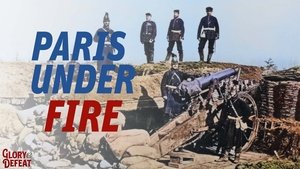
The new year 1871 is about to bring upon a new German Empire. German leadership, especially Bismarck, is exceedingly frustrated with the dragged out Franco-Prussian War that the Germans have all but won for months now. The decision is finally made to bombard Paris into submission and the German guns surrounding Paris open fire.
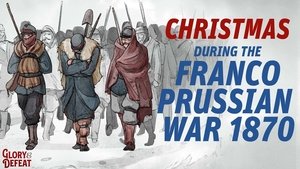
Christmas 1870 reminded the German and French alike that the Franco-Prussian War was going on for far too long. Soldiers and civilians on both sides tried to make the best of the situation but the grim nature of the last weeks of fighting and the ongoing Siege of Paris made this a memorable Christmas for all the wrong reason.
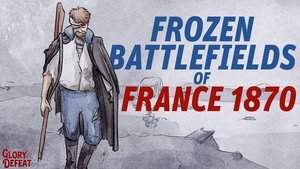
On the frozen battlefields of France, the exhausted German and French armies are still fighting. The Battle of Beaugency sees a desperate struggle in which soldiers on both sides suffer from broken uniform and the harsh winter conditions. Meanwhile, the Siege of Paris continues to starve the population of the French capital.
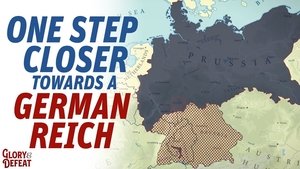
While the Franco-Prussian War is continuing its messy guerilla phase, the German leaders are negotiating towards a united Germany. Hesse and Baden join the promptly renamed German Confederation - but Württemberg and Bavaria still want more concessions. Meanwhile the question of Spanish succession that started the war is solved in Madrid.
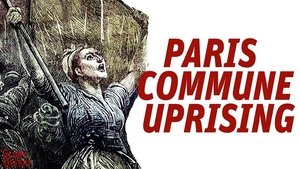
The Siege of Paris during the Franco-Prussian War 1870 and the downfall of the French Empire after the Battle of Sedan created a volatile social situation in the French capital. And in November 1870 this situation erupted in an attempt to topple the provisional government and create a self-ruling Paris Commune.

In early October 1870, the German states are still confident the Franco-Prussian War is as good as over. But two events might cross their plans: One of the leaders of the new French Republic, Leon Gambetta, escapes the Siege of Paris in a hot-air balloon to coordinate the French Armies outside of Paris. And in Ablis, French guerrilla fighters, the so called Franc-Tireurs, ambush a German patrol in their sleep - with swift German retribution.
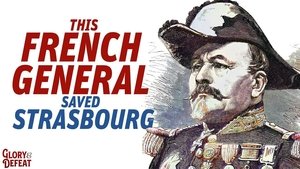
The symbolic city of Strasbourg had been besieged since the early stages of the Franco-Prussian War. The German siege troops are ready to breach the walls of the city and take it by storm. To avoid the destruction of the city, French general Uhrich surrenders and chooses, in his view, honor above glory.
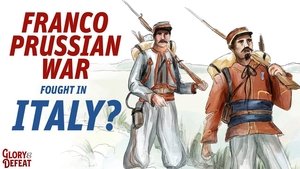
While the Franco-Prussian War was raging in France, another armed conflict to the south was reaching its conclusion. The unification of Italy was not yet complete in the eyes of Italian nationalists because Rome and the Papal State still held out. After the defeat at Rome, the Papal Zouaves went on to France to fight the Prussian.
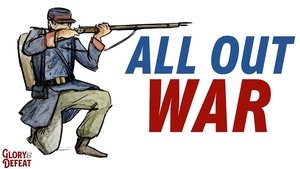
The German Armies are on their way to encircle the French capital Paris after their victory in Sedan. The new French government is raising new troops all across the country and in Paris itself to stem the tide. Poorly equipped and poorly trained troops fight the Germans at Sceaux/Chatillon. Meanwhile, the German states start their negotiations for German unification.
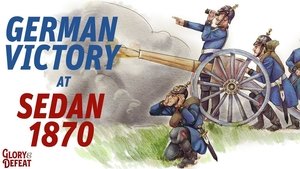
The Battle of Sedan was one of the pivotal moments in the 19th century. The French 2nd Empire's defeat at Sedan (and the capture of Emperor Napoleon III) unleashed social tensions in Paris and a new French republic was proclaimed. And while the victory of the German Armies was resounding, the cost at places like Bazeilles was also high.
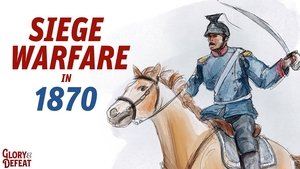
The French Army of the Rhine under Marshal Bazaine is trapped inside Metz - along with civilians and wounded over 250,000 people will need to be fed from the city's dwindling supplies. Surrounding the city is a German Army that cannot force the Metz fortifications and opts for starving it into submission instead.
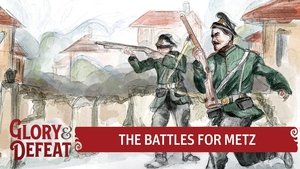
The French Army of Marshal Bazaine was hoping to reach Verdun or even Paris after the first engagements around Metz. But the French troops were exhausted which allowed the Germans to catch up. With the Battle of Gravelotte and the Battle of Mars-la-Tour, the fate of the French Rhine Army is sealed; they are trapped in Metz.
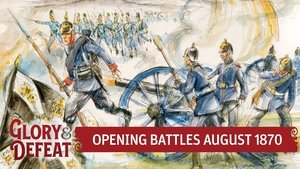
Early August 1870 saw the first series of opening battles of the Franco-Prussian War. The Battle of Saarbrücken was the only battle of the entire war fought on German soil, the following Battle of Wissembourg, the Battle of Wörth and the Battle of Spicheren happened right after and gave a glimpse of the carnage to come.
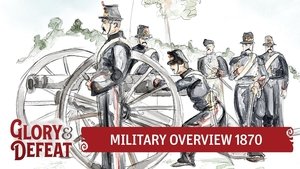
While the French and different German Armies are gathering we are taking the time this week to take a look at military organization and warfare in 1870. As a special guest we also have Cap And Ball on the show who introduces the famous Chassepot and Dreyse rifles which will be important in this conflict.

With the official declaration of war from France, Prussia mobilizes and calls in the defensive alliances with the other German states within the North German Confederation but also with Bavaria, Württemberg and Baden. And while the bigger armies still assemble, the first skirmishes happen near the French border.
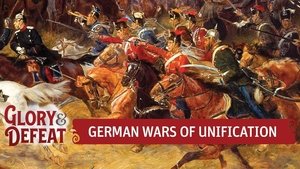
After the failed revolution of 1848, the German states within the German confederation were still moving towards unification. This movement would come from the citizens this time though but from the top. Prussia's chancellor Otto von Bismarck was using clever and aggressive diplomacy to outmaneuver his biggest German rival: Austria.
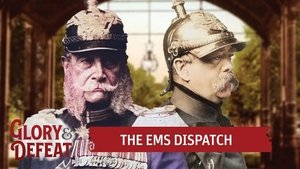
French and Prussian animosity have been swelling in the background since the German Wars of Unification started in the 1860s. The French Duc de Gramont hopes that a victory over Prussia could restore French prestige while Prussian Chancellor Bismarck needs a reason to fulfill his dream of German unification from above. When the crisis about the Spanish throne escalates with the Ems Dispatch, the die is cast and the Franco-Prussian War begins.
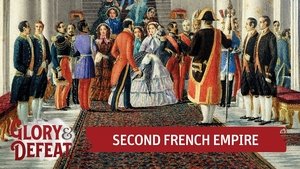
After Napoleon I had conquered and then lost Europe, France went through multiple revolutions. In 1851, Napoleons nephew and French president Louis-Napoléon Bonaparte took control and in 1852 crowned himself Emperor Napoleon III. The new French Empire wanted to regain the glory of Napoleon's uncle and together with his wife Empress Eugenie he ruled a state known for lavish balls and spending.